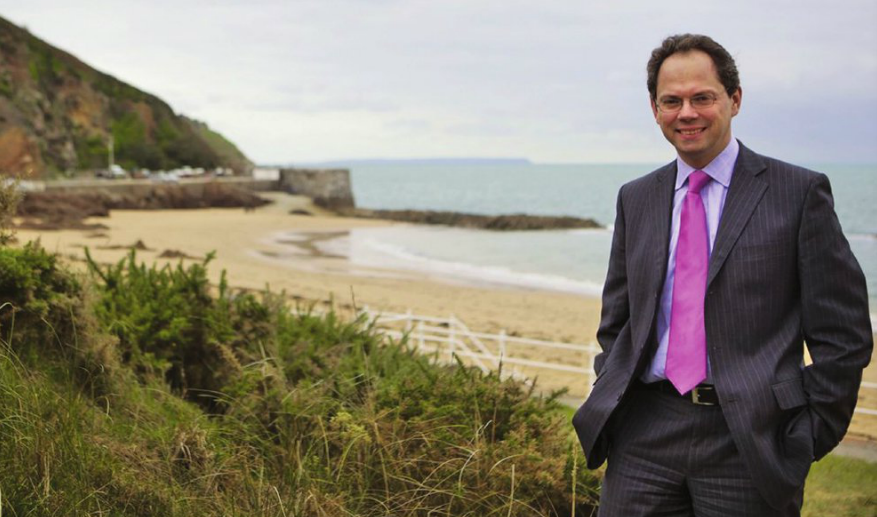

Jersey Electricity is using a controversial new charge to crush competition from renewable energy providers and keep its market monopoly, a backbench politician is alleging.
Deputy Carolyn Labey called this week for the end of charges to commercial customers who generate their own power, but use Jersey Electricity’s back-up sources when they cannot generate enough.
The charge - to be introduced this November - will be at a flat rate of £3.25 (including GST) for each ‘kiloWatt peak’ per month up to 50kWp they require on standby from JEC.
But Deputy Labey has now brought a motion to the States to scrap the charge, and introduce CICRA as a regulator for JEC.
She says that JEC’s moves to charge those taking part in the emerging renewable energy sector will not only stop the new industry from growing, but mean that only JEC is in a position to invest in such technologies.

Pictured: Deputy Labey said JEC's moves could destroy jobs and stop the fledgling 'green' energy industry from growing.
“I have significant concerns that this charge will reduce commercial investment in renewable technology in the Island and the fledgling renewable industry (both installing and selling renewable energy products). It will also ensure that either only JE plc. can invest in large-scale renewables, or that Jersey remains tied to importing expensive energy from France. This maintains JE plc.’s monopoly on power in the Island and places the Island at risk of significant price rises. In addition, this may have significant impact on employment within the renewable industry and increases,” she wrote in her proposition.
She added that the moves also had the potential to destroy existing jobs in the renewable industry in the Island, such as solar panel and wind turbine installation experts.
Deputy Labey is now calling for JEC to be regulated by CICRA to ensure that there is independent oversight of their actions.
But the JEC say that the charge is reasonable, and helps with maintenance costs relating to the electricity distribution networks such as La Collette Power Station and the undersea cables to France.
They added that, if they weren’t able to charge commercial renewable energy providers using JEC as a ‘back-up’ - such as during the winter months when solar panels are less effective - that loss could be passed onto continuing customers in the form of higher prices.
Jersey Electrcity CEO Chris Ambler commented: “If customers who operate embedded renewable systems and require standby power did not contribute their share of our fixed infrastructure costs, the burden would fall on all other customers to make up the shortfall. Ultimately, we believe this leads to an unfair situation where those that can afford to invest in embedded renewable generators being subsidised by those that cannot.

Pictured: JEC's CEO Chris Ambler defended the charge.
“It is also important to note that unlike many countries, Jersey’s electricity is already decarbonised as a result of Jersey Electricity’s strategy to import power from hydroelectric and nuclear sources, so the need to create artificial incentives for renewables investments is difficult to justify. That said, we have connected renewable and other embedded generation systems for many years and welcome the development of more local distributed generation systems. Such facilities, however, must be connected on fair terms.”
Comments
Comments on this story express the views of the commentator only, not Bailiwick Publishing. We are unable to guarantee the accuracy of any of those comments.